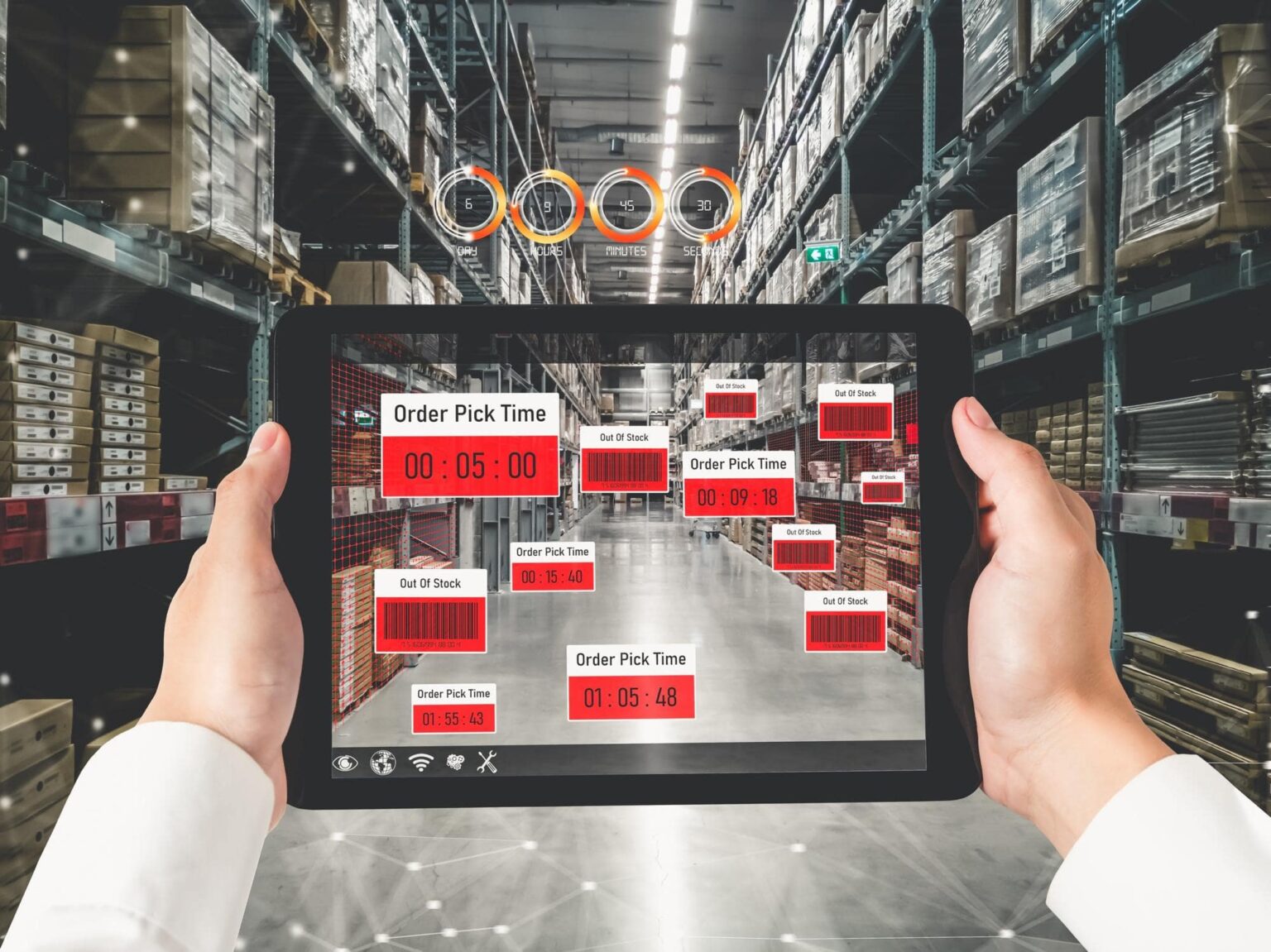Blockchain technology is transforming the retail industry by ensuring transparency in the supply chain and enhancing product authentication. Blockchain is a decentralized and immutable digital ledger that records transactions and data across multiple computers, creating a transparent and secure system. Here’s how blockchain is revolutionizing retail:
- Supply Chain Transparency: Blockchain provides end-to-end visibility into the supply chain by recording and verifying every transaction and movement of goods. With blockchain, retailers can trace the origin of products, monitor their journey through the supply chain, and ensure compliance with quality and ethical standards. This transparency helps build trust among consumers by providing accurate information about the product’s origin, manufacturing processes, and environmental impact.
- Product Authentication: Blockchain enables retailers to authenticate products and prevent counterfeit goods from entering the market. Each product can be assigned a unique digital identity that is stored on the blockchain, allowing consumers and retailers to verify its authenticity at every stage of the supply chain. By scanning a product’s unique identifier, customers can access information about its origin, manufacturing details, and distribution history, ensuring they are purchasing genuine products.
- Improved Inventory Management: Blockchain technology can streamline inventory management by providing real-time visibility into inventory levels across multiple locations. With a shared and tamper-resistant ledger, retailers, suppliers, and distributors can have accurate and synchronized information about stock levels, reducing overstocking or stockouts. This enhanced visibility enables more efficient inventory planning, reduces operational costs, and improves overall supply chain efficiency.
- Efficient Payments and Smart Contracts: Blockchain can facilitate faster and more secure payment processes in retail. By using cryptocurrencies or blockchain-based payment systems, retailers can reduce transaction costs, eliminate intermediaries, and enable faster cross-border payments. Additionally, smart contracts, which are self-executing contracts stored on the blockchain, can automate and enforce payment terms, ensuring transparent and efficient transactions between retailers, suppliers, and customers.
- Loyalty Programs and Customer Data Protection: Blockchain can transform loyalty programs by providing a secure and transparent platform for managing customer rewards. Blockchain-based loyalty programs eliminate the need for multiple loyalty cards and allow customers to track their points and redeem rewards seamlessly. Moreover, blockchain’s decentralized nature enhances the security and privacy of customer data, giving customers more control over their personal information.
- Enhanced Collaboration and Trust: Blockchain fosters collaboration and trust among retailers, suppliers, and other stakeholders in the retail ecosystem. By sharing information on a distributed ledger, all participants have access to the same data, reducing disputes and enabling faster decision-making. The transparency and immutability of blockchain records enhance trust among parties, as the information cannot be altered or tampered with, ensuring fair and secure business transactions.
- Ethical and Sustainable Practices: Blockchain can promote ethical and sustainable practices in the retail industry by providing transparent and immutable records of a product’s journey from the source to the consumer. This enables retailers to verify the authenticity of sustainable claims, such as fair trade or organic certifications, and provide customers with accurate information about a product’s environmental impact. Consumers can make informed purchasing decisions based on verifiable data stored on the blockchain.
By leveraging blockchain technology, retailers can establish trust, transparency, and efficiency throughout the supply chain. From supply chain transparency and product authentication to efficient payments and enhanced collaboration, blockchain has the potential to revolutionize retail by ensuring integrity, improving customer trust, and driving sustainable practices.



